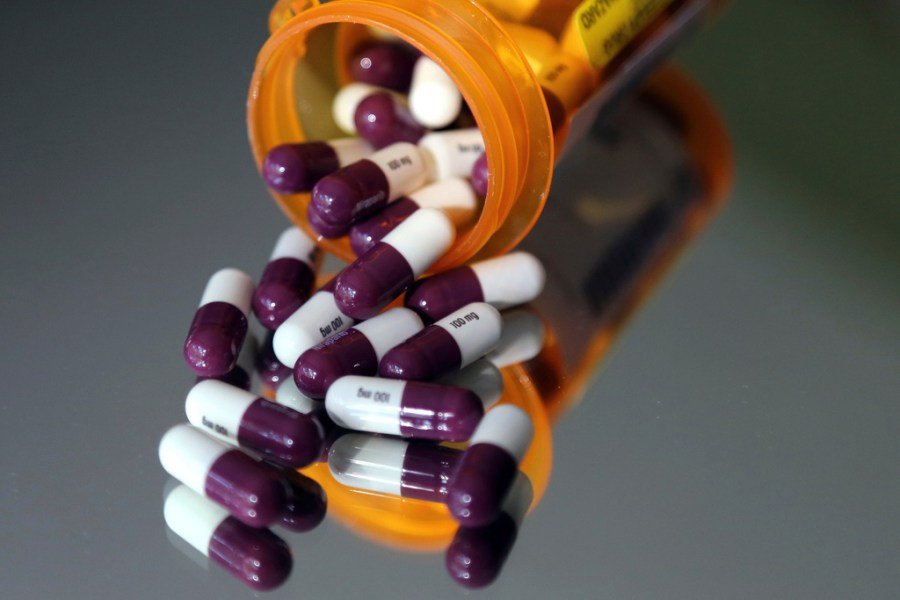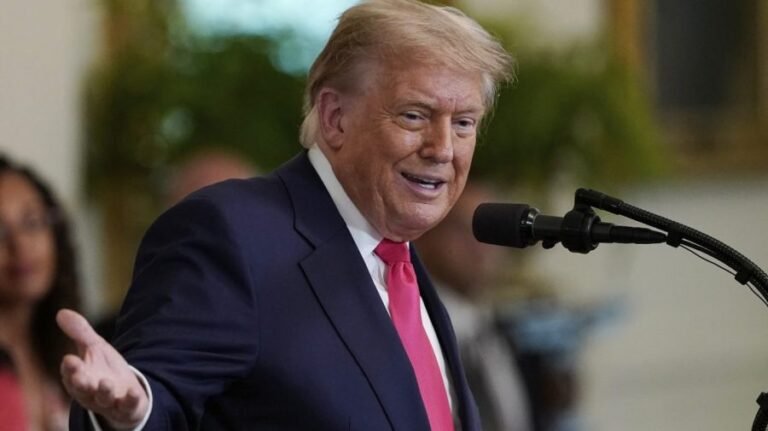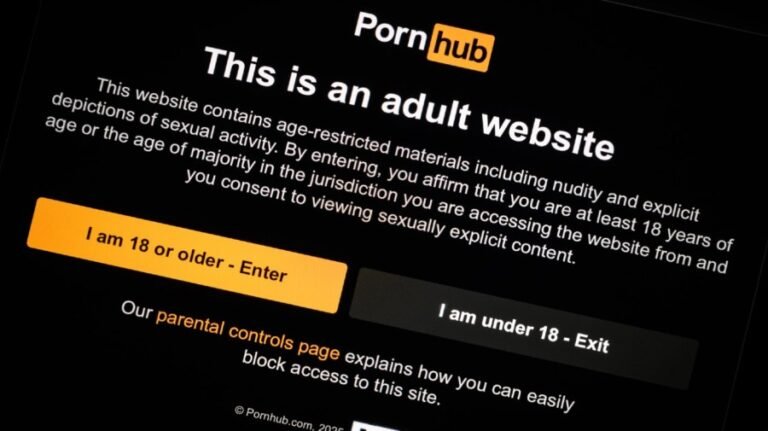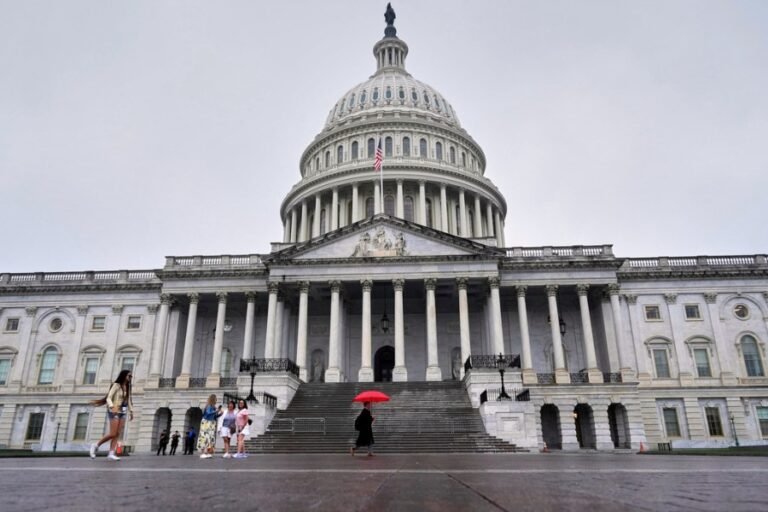
Remember when Republican presidential candidate Donald Trump castigated “Comrade Kamala” Harris, then the Democratic nominee, for supporting price controls? It wasn’t that long ago — just last August.
At a campaign rally in Pennsylvania, Trump told the crowd: “In her speech yesterday, Kamala went full Communist … She wants to destroy our country. After causing catastrophic inflation, Comrade Kamala announced that she wants to institute socialist price controls.”
Harris’s price controls were largely aimed at food in grocery stores, though she also frequently touted the 2022 Inflation Reduction Act’s backdoor price controls — under the guise of “negotiations” — on a certain number of expensive drugs.
Trump was right to criticize Harris for supporting price controls on food, as well as prescription drugs. And, given the election results, it seems the public agreed with him.
Price controls are the progressive left’s go-to solution for almost all economic problems. But price controls virtually always lead to unintended consequences: shortages of the price-controlled products or services; lower quality as manufacturers cut corners to meet government-imposed price points; less innovation, since companies don’t know if they’ll be allowed to recover their costs; and a black market where people pay more to get what they want or need.
So it’s puzzling to see Trump now proposing a version of drug price controls himself. It’s not the first time, either.
During his first term, Trump pushed for “drug importation,” encouraging U.S. citizens to buy medicines from countries like Canada — even though the FDA has warned those drugs could be fake or substandard. The effort fizzled, and even Florida, which tried a state-level importation scheme, eventually abandoned its program.
Trump’s latest idea is called “Most Favored Nation” pricing. Details are thin, but a recent executive order says, “To the extent consistent with law, the Secretary of Health and Human Services (Secretary) shall facilitate direct-to-consumer purchasing programs for pharmaceutical manufacturers that sell their products to American patients at the most-favored-nation price.”
That “most-favored” country will almost certainly be one with government-run health care — that is, socialized medicine. These systems are known for price controls, which lead to shortages, long wait times, and limited access to cutting-edge treatments.
The goal of Most Favored Nation is to lower prices on expensive drugs. Americans do pay more for brand-name drugs than patients elsewhere. But they also pay less for generics, which account for roughly 90 percent of all prescriptions.
One reason for the disparity is the middlemen in our system, known as pharmacy benefit managers. Their job is to negotiate lower prices with drugmakers. But those savings often don’t make it to patients. Instead, pharmacy benefit managers keep a big chunk for themselves — on average, $0.42 of every $1 spent on brand-name drugs in the commercial market, by one estimate. In many cases, those pharmacy benefit manager cuts are larger than the total price of the drug in Europe.
It’s clear our system could work better. “Shark Tank” entrepreneur Mark Cuban launched the Cost Plus Drug Company in 2022 to bypass these middlemen. The Cost Plus website says, “Our prices are the true cost to get each medication from the manufacturer to you. We cut out the pharmacy middlemen and negotiate directly with manufacturers to get the best possible price.” The company tacks on 15 percent for overhead and a $5 filling fee.
While customers may not save much on some widely used generics, the discounted prices on more expensive brand name and generic drugs are significantly lower than what most people would experience at their local pharmacy. Cost Plus has hundreds of drugs for nearly 100 listed medical conditions, and it’s looking to add new drugs all the time. It’s only been in business a few years and is working to expand.
We also shouldn’t ignore the fact that Americans are subsidizing below-market prices abroad. The United States funds a disproportionate share of global pharmaceutical innovation, while other wealthy nations impose price caps and benefit from our investment. If Trump wants to stop other countries from taking advantage of us, he should take the approach he’s using to get countries to pay more for defense.
Cuban’s Cost Plus experiment proves we don’t need Most Favored Nation pricing. Let socialized systems keep their socialized prices, limited access and denial of care.
Tweaking a line Trump likes to use and applying it to prescription drugs: We don’t need a new law. We just don’t need a middleman.
Merrill Matthews is a public policy and political analyst and the co-author of “On the Edge: America Faces the Entitlements Cliff.”


